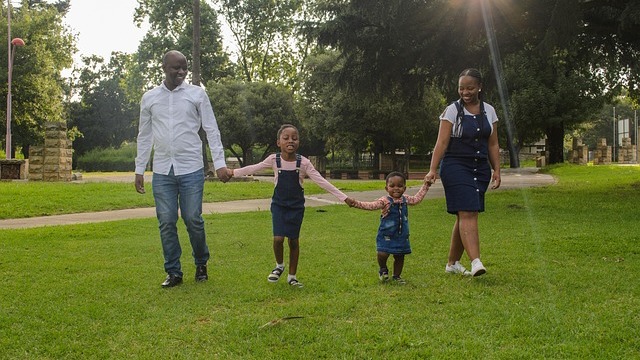
Sam Altman Envisions a Future Enriched by AGI
OpenAI CEO Sam Altman has opened an intriguing dialogue about the potential of artificial general intelligence (AGI), suggesting it could pave the way for larger families in a future where abundance prevails. During a recent episode of "People by WTF" with Nikhil Kamath, Altman highlighted the concerning trend of declining birth rates among younger generations, pointing out that many Gen Z and millennials are putting off parenthood to prioritize financial stability and career ambitions.
In a world where AGI is realized, Altman optimistically forecasts that individuals will have "more abundance, more time, more resources, and potential." Such advancements might foster an environment where family life and community take center stage, significantly enhancing the joy and fulfillment people derive from parenting. "Family and community make us the happiest," Altman mused, expressing hope for a cultural shift towards valuing familial connections more deeply.
The Great Paradox of Modern Parenthood
Despite advancements in technology, modern anxieties around job security and financial pressures have led to a precarious relationship with parenthood. Notably, Altman is not alone in his reflections; prominent tech leaders, including Elon Musk, have also sounded alarms about birth rates. Musk, a father of multiple children, argues that a declining population poses significant threats to civilization. His crusade against underpopulation showcases a stark contrast against societal pressures that discourage having kids.
AI: The Catalyst for Change?
The theory behind AGI brings hope but also challenges. If technology can redistribute workloads and generate life enhancements, it may help ease the burdens associated with raising children. Altman believes that as AI continues to make strides, societal perceptions around parenthood can shift dramatically, ultimately leading to a more supportive environment for families.
Implications for Future Generations
Altman’s perspective reflects a broader concern for future generations. He foresees that children born in an AGI-centric world will have unparalleled capabilities, enabled by tools and technologies not available to previous generations. By prioritizing AI literacy among children, parents like Altman envision a future where new families are equipped to navigate complexities with greater ease than ever.
Emphasizing the Importance of Family
As Altman advocates for a more family-centric view, it invites deeper conversations on the roles of technology and human connections. The successful blend of family dynamics with the growth of tech startups and AI developments can redefine what it means to nurture both innovations and upcoming generations in unison.
As we look toward a future shaped by AGI, the question remains: will society embrace familial growth alongside technological progress? Cultivating a supportive environment for families might just become the cornerstone of a thriving AI-driven world.
Join the conversation on how AGI might reshape not just industries, but also the essence of family life and societal growth.
 Add Row
Add Row  Add
Add 




Write A Comment